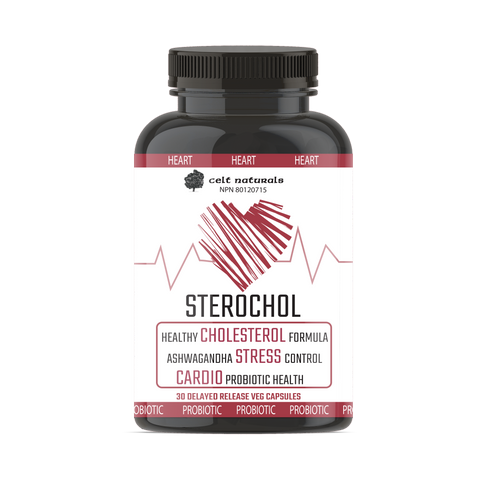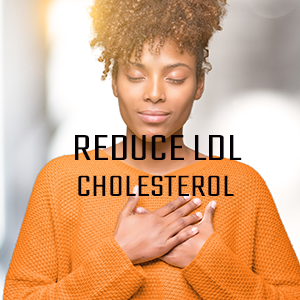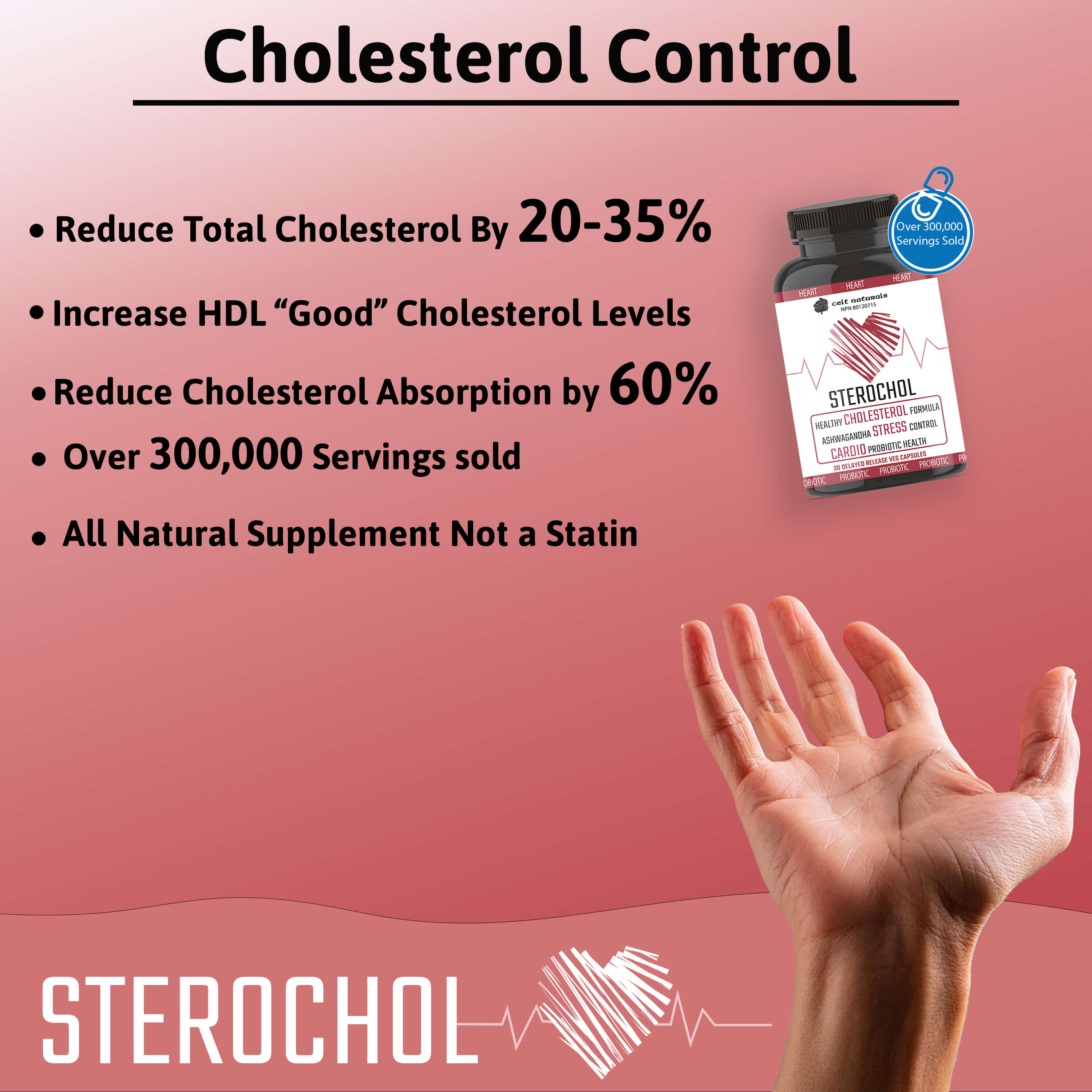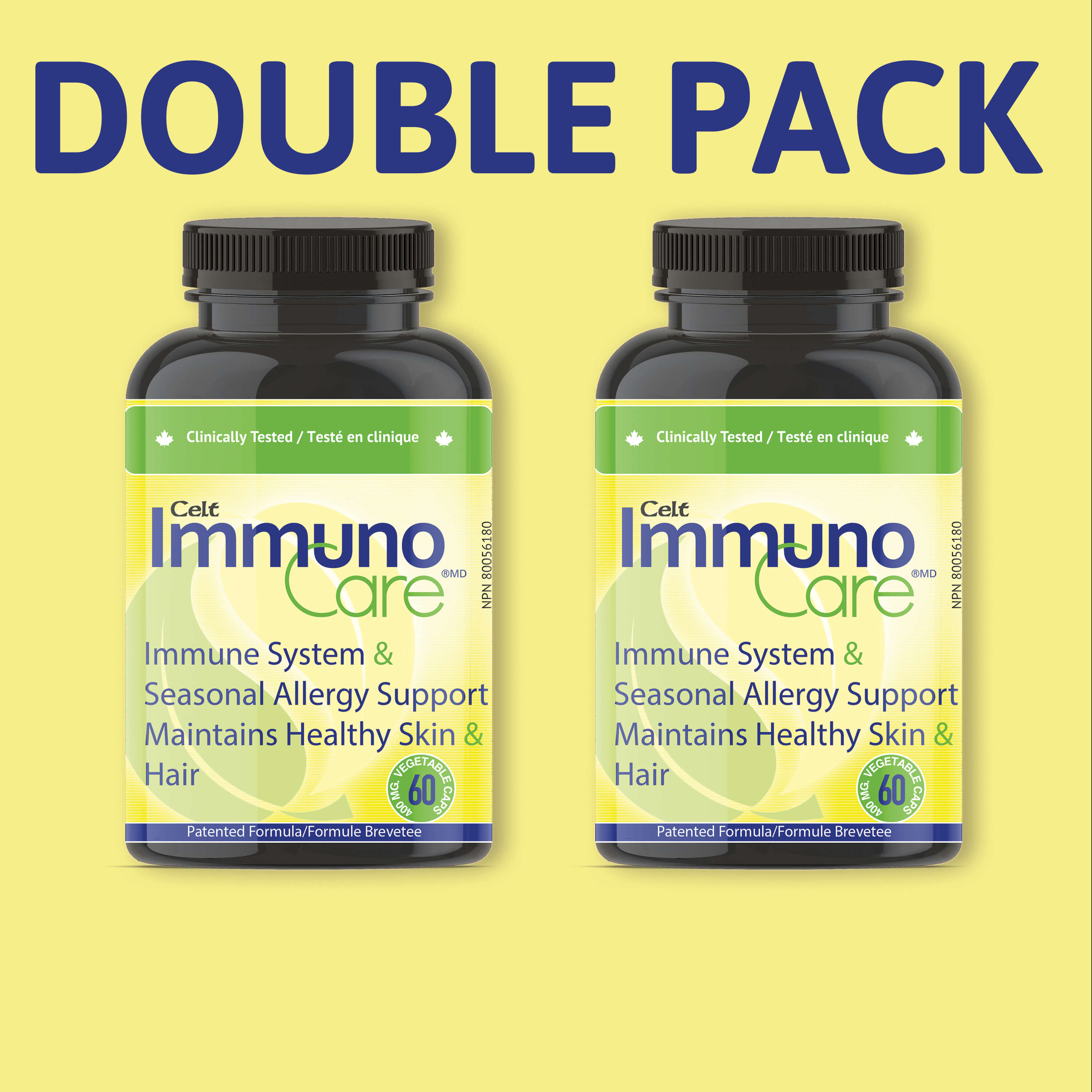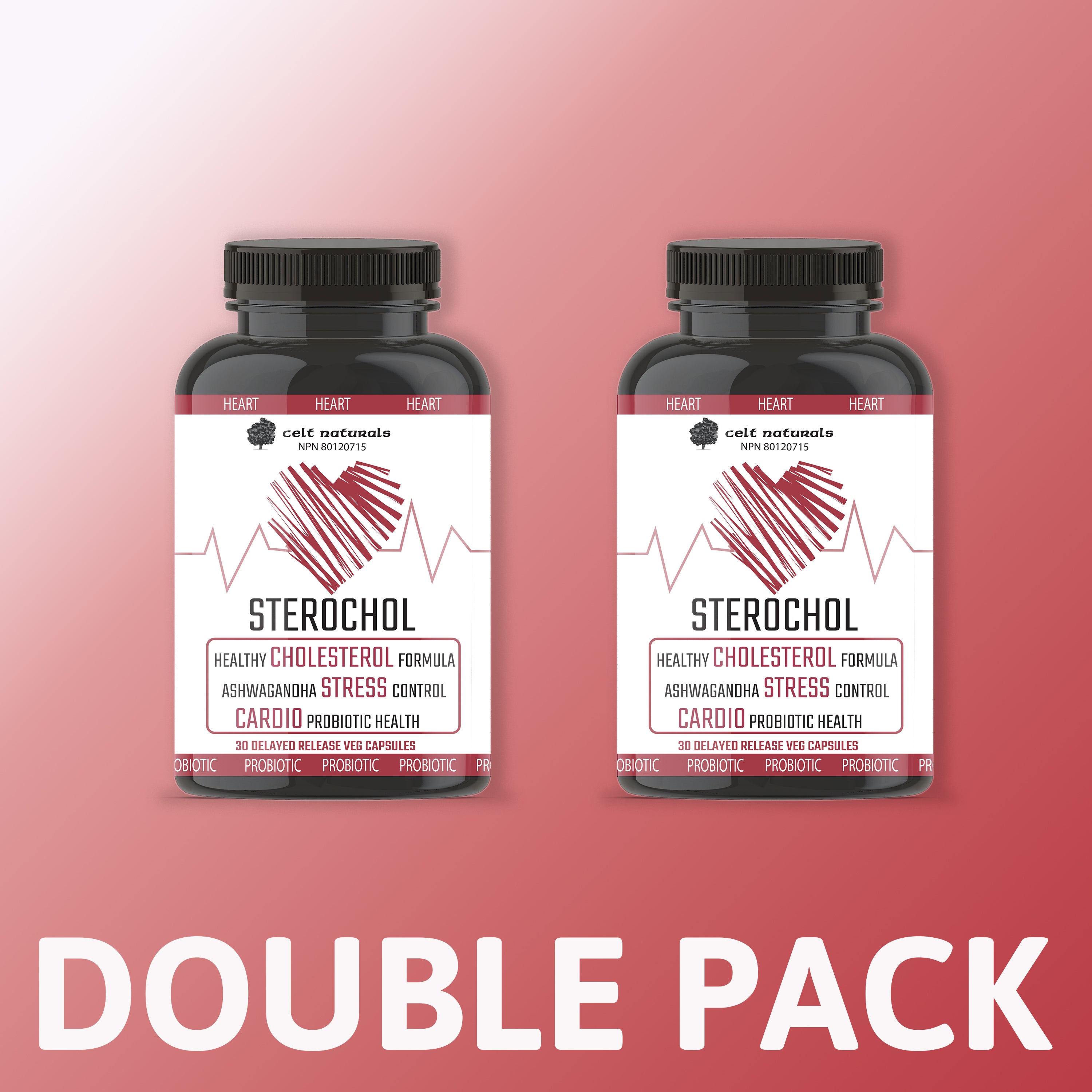The Vital Role of HDL Cholesterol and its Importance for Brain Health and Overall Well-being
Introduction:
We have always been fascinated by the intricate connections between the body's various systems and how they influence our overall health and well-being. When it comes to cholesterol, much attention is often given to LDL cholesterol, commonly known as the "bad" cholesterol. However, in this guide, we will delve into the often overlooked but crucial role of HDL cholesterol in brain health and how a reduced HDL cholesterol level can have a negative impact on the body.
Understanding HDL Cholesterol:
HDL (high-density lipoprotein) cholesterol is often referred to as the "good" cholesterol due to its protective effects on cardiovascular health. Unlike LDL cholesterol, which transports cholesterol from the liver to the cells and tissues of the body, HDL cholesterol plays a vital role in reverse cholesterol transport, scavenging excess cholesterol from the bloodstream and tissues and transporting it back to the liver for excretion.
The Role of HDL Cholesterol in Brain Health:
While HDL cholesterol is primarily associated with cardiovascular health, emerging research suggests that it also plays a critical role in brain health and cognitive function. The brain is composed of approximately 60% fat, much of which is cholesterol, making cholesterol essential for maintaining the structural integrity and function of brain cells.
Neuroprotection:
- HDL cholesterol exhibits neuroprotective properties by reducing inflammation and oxidative stress in the brain. Chronic inflammation and oxidative stress are known to contribute to the development and progression of neurodegenerative diseases such as Alzheimer's disease and Parkinson's disease. By scavenging free radicals and promoting antioxidant activity, HDL cholesterol helps protect brain cells from damage and degeneration.
- Cognitive Function:
- Studies have shown that individuals with higher levels of HDL cholesterol tend to have better cognitive function and a lower risk of cognitive decline and dementia. HDL cholesterol may support cognitive function by promoting the clearance of amyloid beta, a protein associated with the formation of plaques in the brain characteristic of Alzheimer's disease. Additionally, HDL cholesterol helps maintain the integrity of the blood-brain barrier, which regulates the passage of nutrients and waste products between the bloodstream and the brain.
The Negative Impact of Reduced HDL Cholesterol Levels:
A reduction in HDL cholesterol levels can have significant implications for brain health and overall well-being. When HDL cholesterol levels are low, cholesterol clearance from the bloodstream and tissues is impaired, leading to the accumulation of cholesterol-rich plaques in the arteries and increased risk of cardiovascular disease. Additionally, low HDL cholesterol levels have been associated with an increased risk of neurodegenerative diseases and cognitive decline.

- Increased Risk of Cardiovascular Disease:
- HDL cholesterol plays a crucial role in protecting against cardiovascular disease by removing excess cholesterol from the bloodstream and preventing the formation of atherosclerotic plaques in the arteries. When HDL cholesterol levels are low, cholesterol accumulates in the arteries, leading to the narrowing and hardening of blood vessels, increased risk of blood clots, and ultimately, heart attack or stroke.
- Impaired Brain Function:
- Low HDL cholesterol levels have been linked to impaired cognitive function, memory loss, and an increased risk of neurodegenerative diseases such as Alzheimer's disease. Without sufficient HDL cholesterol to support brain health and protect against oxidative stress and inflammation, brain cells become more vulnerable to damage and degeneration, leading to cognitive decline and dementia.
Natural Strategies to Support HDL Cholesterol Levels:
We believe in taking a holistic approach to health and addressing the underlying root causes of imbalances in the body. When it comes to supporting HDL cholesterol levels and promoting brain health, there are several natural strategies that can be employed:
- Dietary Interventions:
- Consuming a diet rich in healthy fats, such as monounsaturated fats found in olive oil, avocados, and nuts, and omega-3 fatty acids found in fatty fish, flaxseeds, and walnuts, can help raise HDL cholesterol levels and support brain health. Additionally, incorporating plenty of fruits, vegetables, and whole grains into the diet provides essential nutrients and antioxidants that help reduce inflammation and oxidative stress in the body.
- Regular Exercise:
- Regular physical activity has been shown to increase HDL cholesterol levels and improve cardiovascular health. Engaging in aerobic exercises such as walking, jogging, swimming, or cycling for at least 30 minutes most days of the week can help raise HDL cholesterol levels and support overall well-being. Strength training exercises that build muscle mass can also have a positive impact on HDL cholesterol levels and metabolic health.
- Weight Management:
- Maintaining a healthy weight is essential for supporting HDL cholesterol levels and reducing the risk of cardiovascular disease. Excess body fat, especially around the abdomen, is associated with lower HDL cholesterol levels and increased risk of metabolic syndrome, diabetes, and heart disease. Adopting a balanced diet, engaging in regular exercise, and practicing portion control can help achieve and maintain a healthy weight and improve HDL cholesterol levels.
- Supplementation:
- Certain dietary supplements or cholesterol lowering supplements have been shown to support HDL cholesterol levels and promote brain health. For example, plant sterols supplements derived from quality natural sources raise HDL cholesterol levels and reduce inflammation in the body. Additionally, antioxidant supplements such as vitamin E, zinc, and selenium can help protect against oxidative stress and support overall cardiovascular and brain health.
Conclusion:
In conclusion, HDL cholesterol plays a vital role in brain health and overall well-being, beyond its well-known benefits for cardiovascular health. Maintaining optimal HDL cholesterol levels is essential for protecting against cardiovascular disease, supporting cognitive function, and reducing the risk of neurodegenerative diseases such as Alzheimer's disease. By adopting a holistic approach to health that includes dietary interventions, regular exercise, weight management, and natural supplements to lower LDL cholesterol and raise HDL cholesterol, individuals can support HDL cholesterol levels and promote brain health for a lifetime of vitality and wellness. As always, it's essential to consult with a healthcare professional before making any changes to your cholesterol-lowering regimen to ensure safe and effective treatment.
